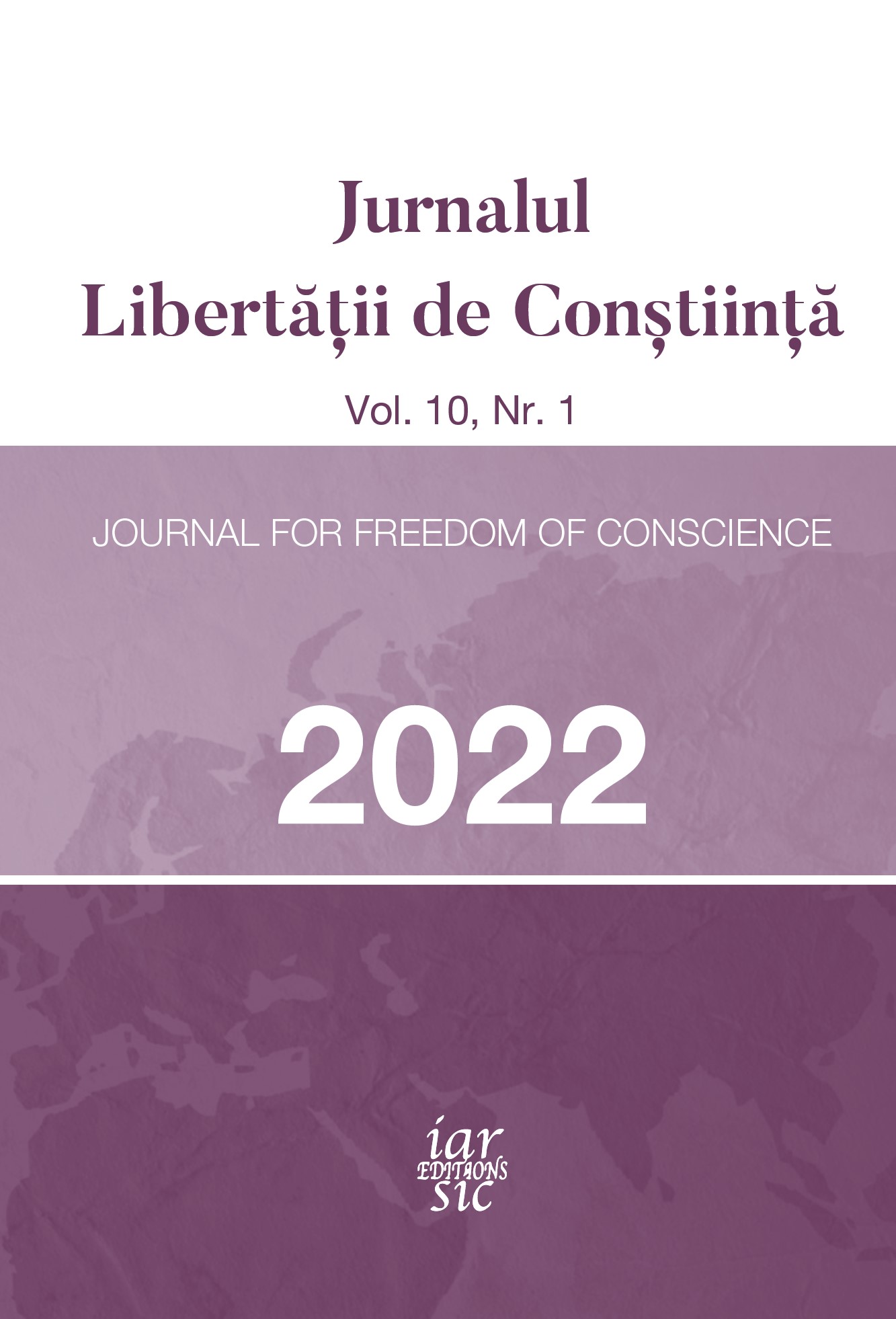COMPREHENSIVE CRIMINOLOGY – A REFLECTIVE AND CHRISTIAN APPROACH TO THE RATIONALIST PARADIGM OF FREE WILL
COMPREHENSIVE CRIMINOLOGY – A REFLECTIVE AND CHRISTIAN APPROACH TO THE RATIONALIST PARADIGM OF FREE WILL
Author(s): George Mircea BotescuSubject(s): Epistemology, Philosophy of Mind, Philosophy of Religion, Criminology, Sociology of Law
Published by: Editions IARSIC
Keywords: criminology; epistemology; paradigm; free will; freedom of will; rationality; good; evil; organogenesis; sociogenesis; cognitive; spirituality; Reformation; Counter-Reformation;
Summary/Abstract: As I pointed out in my previous article* Comprehensive Criminology, elaborated by George C. Basiliade - published by Expert Publishing House, in 2006 and awarded the Romanian Academy Prize Simion Bărnuțiu/2006 -is not only an encyclopedic treatise, unique in the Romanian specialized literature, but also the support of an original conception of the epistemology of crime, almost unique in European and international thought. Unfortunately, this work continues to remain insufficiently known and insignificantly integrated into the academic circuit. Jurist, psychologist, philosopher, George C Basiliade fulfills his training and vision as a criminologist against the backdrop of an active interdisciplinary and an evident Christian spirituality, which ennobles his work. In his epistemological analysis, configured diachronically, the Romanian criminologist projects two main paradigms, which precede the constitution of criminology as a science: the „empirical organicist paradigm” and the „rationalist paradigm of free will”, while detecting the dynamics of specific tensions between them. All the points of view relating to organic nature (somatic, anatomical-physiological, morpho-functional) are subsumed in a theoretical-explanatory and methodological model, which the author has called the „empirical organicist paradigm”. It will be at the origin of attempts to explain the phenomenon of crime, other than through its relationship with the prohibited act and the ‚forces of evil’ which generated ‚original sin’. These attempts, underpinned by the scientism characteristic of the 19th century and supplemented by theories on the evolution of species and the relationship between the organogenesis and sociogenesis of human behaviour, will make some contributions to the construction of criminology as a relatively autonomous scientific discipline. The „rationalist paradigm of free will”, which we propose to analyse mainly in this article, congruently includes both theological and philosophical meanings, that form an explanatory model. From the complexity of the rationalist paradigm of free will, we have proposed to select some of the theological positions, which Basiliade goes through, considering that they are a „sui-generis”value, which gives to the treatise Comprehensive Criminology an original and reducible epistemological potential, revealing the Romanian researcher’s propensity towards Christian spirituality and the understanding of its contribution to the constitution of criminology. The Romanian criminologist’s assertion is symptomatic: „Authentic mysticism is a complementary alternative to human rationality and results from transgressing the limits of current understanding. It does not cancel the reflective capacity of the human being - on the contrary - it reveals, through a dialectic of complementarity, a dimension of rationality, actualized in exceptional cases in the conscience of the believer”.
Journal: Jurnalul Libertății de Conștiință
- Issue Year: 10/2022
- Issue No: 1
- Page Range: 593-607
- Page Count: 15
- Language: English

